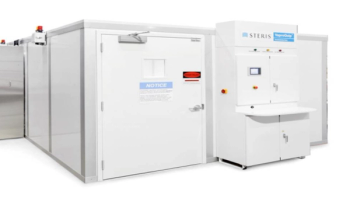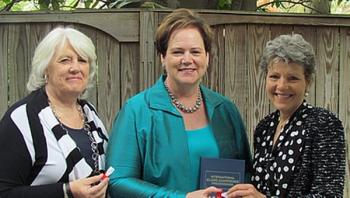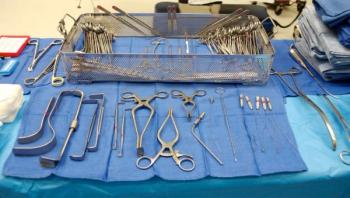
Sterile Processing
Latest News
CME Content





Q: On occasion, I will be asked to process a device which does not have instructions for use. Sometimes, the item is not a medical device (e.g., zipper). I am told I must process the device because the surgeon requires it for a case. I usually process the device. I have just learned this is not the correct practice. How do I handle this?











With the new landscape of managed care, it is vital for hospitals and medical centers to enhance their efficiencies. With the modernization of computer software systems designed for healthcare, there is an opportunity for improvements. The Conflict Schedule Checker (CSC) is available in most OR scheduling systems. Healthcare organizations may or may not be aware of this capability and its functionality to surgical instrument management.

This new column, SPD Dialogue, will respond to questions asked by sterile processing professionals. We hope you find this dialogue helpful and informative.Q: My loaner representative wants to wash his instruments in my department. I think this would be a great help to my SPD. Should I permit this?





In 2009, healthcare leaders and experts began to focus more intensely on the risks associated with the improper processing (cleaning, disinfection and/or sterilization) of reusable medical devices and equipment. Within the U.S. Department of Veterans Affairs (VA) hospital system, the Memphis VA Medical Center (MVAMC) and other facilities initiated corrective actions to fine tune reprocessing policies, particularly those related to critical and semi-critical devices, to ensure compliance with manufacturers’ instructions for use. Since then, ensuring adequate device reprocessing has continued to be a concern for regulators, providers and medical device manufacturers. Ongoing discussions have led to direction such as an FDA draft guidance document for device manufacturers (FDA, 2011), and a report from the medical device reprocessing summit hosted jointly by AAMI and FDA (AAMI, 2011).

Johnson & Johnson (J&J) has donated the published proceedings from conferences on sterilization of medical products to the Association for the Advancement of Medical Instrumentation (AAMI), which will make the material available online as a complimentary service to the sterilization community.


Following yet another highly publicized patient exposure to dangerous pathogens via contaminated endoscopes, the healthcare and sterile processing communities are examining their processes, re-evaluating their priorities, and digesting new guidelines issued by several federal agencies.


